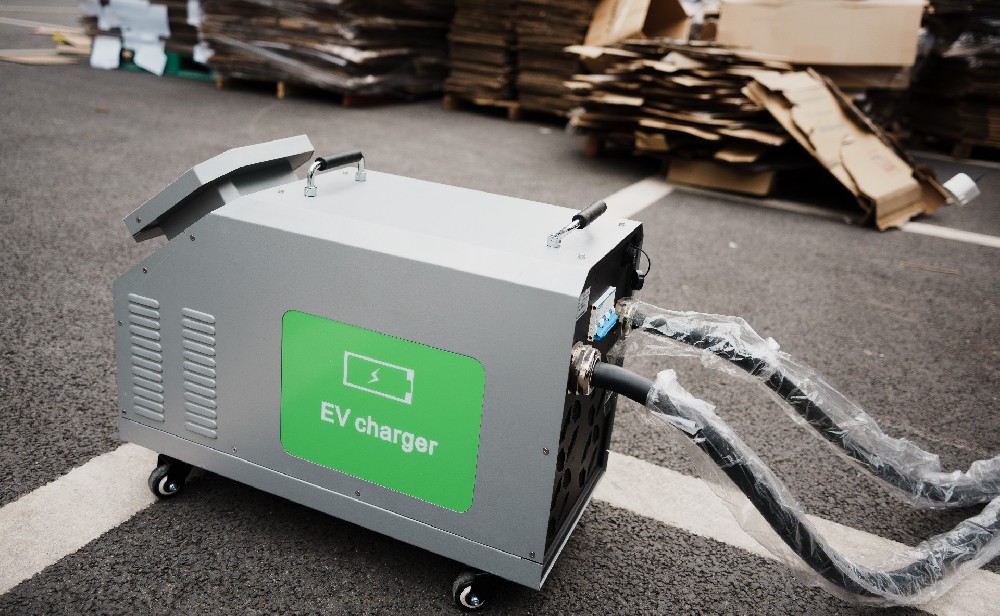-
13822183778@139.com
-
13822183778
Why Portable Chargers Are Changing the EV Game
The popularity of portable chargers is reshaping the charging ecosystem of the electric vehicle industry, and its core value lies in breaking through the limitations of traditional charging scenarios and providing car owners with more flexible and efficient energy replenishment solutions.
The problem of uneven distribution of traditional charging stations has long plagued car owners, especially in remote areas or emergency situations. Portable chargers can supplement energy by directly connecting to ordinary 220V AC sockets, extending charging scenarios from dedicated charging stations to home garages, camping sites, and even temporary parking spots. According to market research in 2025, nearly 70% of new energy vehicle owners consider it their preferred equipment for emergency charging.
The current mainstream products have achieved a high-power output of 7kW, coupled with technologies such as dual temperature control protection and intelligent power regulation, resulting in a charging speed that is more than four times faster than earlier products. For example, when BYD models use 32A7kW equipment, they can replenish 7 kWh of electricity per hour, significantly reducing charging waiting time. Some devices also integrate solar charging modules to explore the combination of clean energy and mobile energy replenishment.
 How long does it take to charge ···
How long does it take to charge ···
 DC Fast Charging CCS type 2 plug
DC Fast Charging CCS type 2 plug
 The high-voltage and high-curren···
The high-voltage and high-curren···


